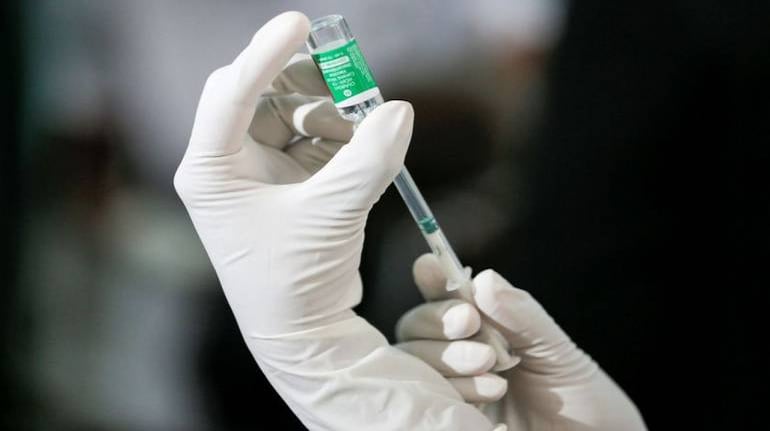



Just before India began its vaccination drive on January 16, Union Health Minister Dr Harsh Vardhan went on record stating that there is no scientific evidence to suggest that the COVID-19 vaccine could cause infertility in either men or women.
The source of public anxiety was some malicious social media posts that went on to suggest how, following vaccination, the body could mistakenly attack the placenta, an organ that provides oxygen and nutrients to the foetus and removes waste from a baby’s blood, since the vaccine too contains proteins, which resembles the one present in the placenta.
Nothing could be further from the truth. Bearing resemblance to proteins present in the body doesn’t mean a threat to fertility. Scientists are clear on this. The fact was also explained by Lucy Chappell, professor, obstetrics, King’s College London and spokesperson of Royal College of Obstetricians and Gynaecologists in an interview to the BBC. There is no “plausible biological mechanism” by which the vaccine could affect fertility, said Chappell. Yet the assurance wasn’t sufficient to stem the tide of misinformation. In an interview to the BMJ, Kamlesh Khunti, professor, primary care diabetes and vascular medicine at the University of Leicester expressed concern that the misinformation may have contributed to the lower uptake of vaccination rates. In India too, gynaecologists and doctors have been working overtime to allay such fears around the vaccine.
But what led to this global panic?
Critics point out a vaccine guidance issued by the UK government and how people interpreted the message as the primary cause of confusion. The government circular had allegedly stated that it was unknown whether the Pfizer vaccine had an impact on fertility. (The government has since updated to clarify that animal studies of the vaccine do not indicate any harmful effects.)
The way scientists describe things and how the public understand it, without any additional explanation, can often lead to panic. For instance, when scientists say it is unknown whether a vaccine will have an impact on fertility, what they actually mean is there hasn’t been any long-term study on that specific vaccine to obtain evidence. But that doesn’t mean that we don’t have any relevant data to know if vaccination has any impact on fertility at all. In fact, we have lots of evidence from other existing vaccines to show that vaccination is harmless. Studies on other vaccines, including the flu jab, have shown that they have no impact on fertility and are totally safe and recommended for
use even during pregnancy.
Unfortunately, panic around vaccinations is not new and is certainly not going to be the last. Here are some vaccination myths from the past.
In 1998, a UK doctor Andrew Wakefield created a flutter when he published a study in the The Lancet suggesting that the measles, mumps, and rubella (MMR) vaccine could trigger autism. The Lancet subsequently retracted the paper in 2010 and the UK medical council permanently revoked Wakefield’s medical license. Also in 2014, the Journal of the American Medical Association published a paper confirming that there is no difference in autism rates between thousands of vaccinated and unvaccinated children.
An article co-published by Rolling Stone and Salon in 2005 claimed that thimerosal, a mercury-containing preservative once used in vaccines can lead to brain problems, including autism. Salon later retracted the story, noting “continued revelations of the flaws and even fraud tainting the science behind the connection.
Thimerosal again became a bone of contention in the mid 2000 when a Maryland doctor Mark Geier and his son David began to promote a theory that a pathological interaction between mercury and testosterone explained many symptoms of autism. The duo also established an unapproved treatment that involved daily injections of leuprolide (Lupron), a drug used to treat prostate cancer and to chemically castrate sex offenders, allegedly for treating precocious puberty, a rare condition in which puberty begins before the age of 8 years.
Geier’s licence was eventually revoked by the Maryland Board of Physicians stating that his practice “far exceeds his qualifications and expertise”. His son too was charged for practising medicine without a licence after it was found that he had just a bachelor’s degree in arts.
Discover the latest Business News, Sensex, and Nifty updates. Obtain Personal Finance insights, tax queries, and expert opinions on Moneycontrol or download the Moneycontrol App to stay updated!
Find the best of Al News in one place, specially curated for you every weekend.
Stay on top of the latest tech trends and biggest startup news.